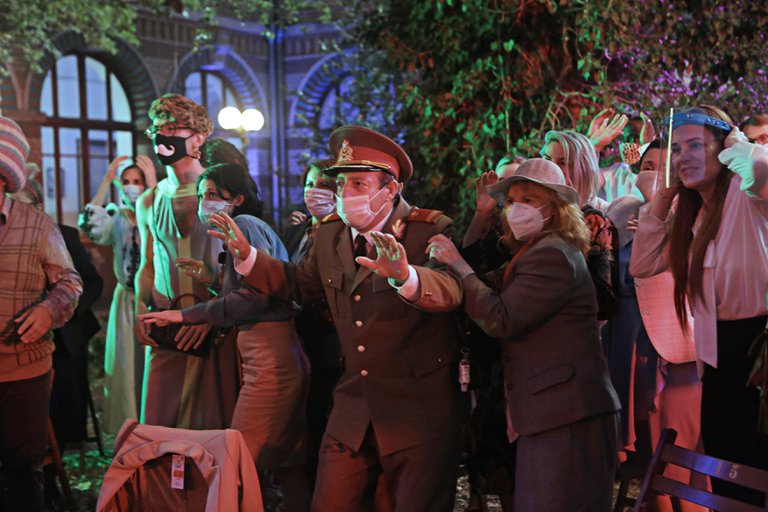Vietnam Under Glass [THE SCENT OF GREEN PAPAYA]
From the Chicago Reader (March 11, 1994). — J.R.
*** THE SCENT OF GREEN PAPAYA
(A must-see)
Directed and written by Tran Anh Hung
With Lu Man San, Tran Nu Yen-khe, Truong Thi Loc, Nguyen Anh Hoa, Vuong Hoa Hoi, and Tran Ngoc Trung.
Until fairly recently, films from the Chinese- and Vietnamese-speaking world have had next to no distribution here; so it’s worth noting that three such movies have been nominated for the foreign-language Oscar: Farewell My Concubine from Hong Kong, The Wedding Banquet from Taiwan, and The Scent of Green Papaya from Vietnam. The first two of these have already opened in Chicago, and the third — in some ways my favorite in the bunch — is starting a run this week at the Fine Arts. What overlapping interests — economic, cultural, artistic, ideological — are being served by this sudden upsurge in attention?
Interestingly enough, none of these Oscar nominees qualifies purely and unambiguously as a movie representing the country officially attached to it. Though Farewell My Concubine was produced in Hong Kong, all its action takes place in mainland China, and it was directed by a celebrated “Fifth Generation” filmmaker, Chen Kaige. The Wedding Banquet, a Taiwanese-American coproduction, has a Taiwanese director, Ang Lee, but it’s set in New York City and much of its dialogue is in English. Read more




